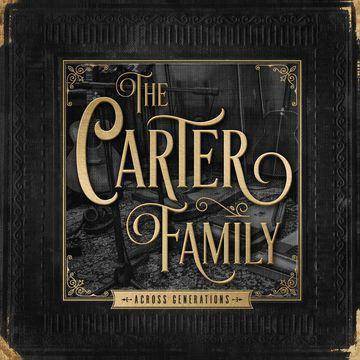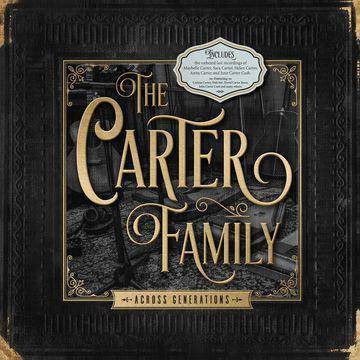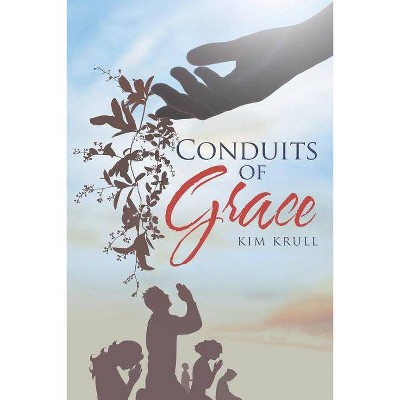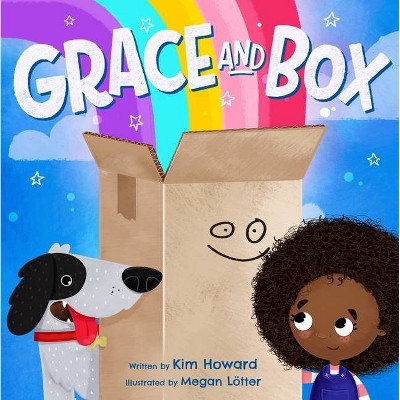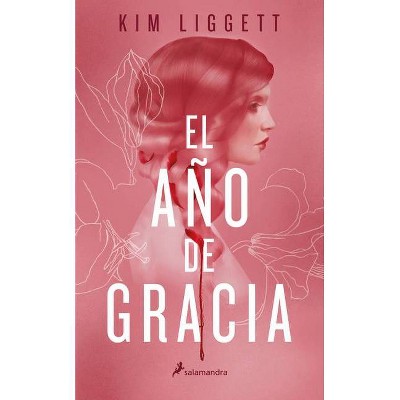Caring Across Generations - by Grace J Yoo & Barbara W Kim (Paperback)
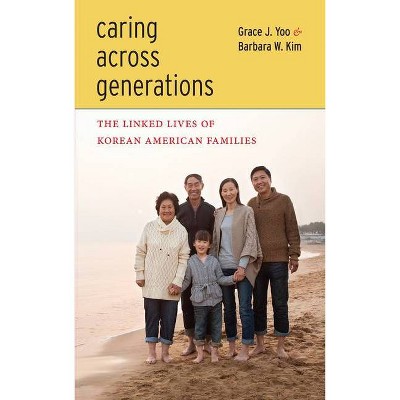
Similar Products
Products of same category from the store
AllProduct info
<p/><br></br><p><b> About the Book </b></p></br></br>"More than 1.3 million Korean Americans live in the United States, the majority of them foreign-born immigrants and their children, the so-called 1.5 and second generations. While many sons and daughters of Korean immigrants outwardly conform to the stereotyped image of the upwardly mobile, highly educated super-achiever, the realities and challenges that the children of Korean immigrants face in their adult lives as their immigrant parents grow older and confront health issues that are far more complex. In Caring Across Generations, Grace J. Yoo and Barbara W. Kim explore how earlier experiences helping immigrant parents navigate American society have prepared Korean American children for negotiating and redefining the traditional gender norms, close familial relationships, and cultural practices that their parents expect them to adhere to as they reach adulthood. Drawing on in-depth interviews with 137 second and 1.5 generation Korean Americans, Yoo & Kim explore issues such as their childhood experiences, their interpreted cultural traditions and values in regards to care and respect for the elderly, their attitudes and values regarding care for aging parents, their observations of parents facing retirement and life changes, and their experiences with providing care when parents face illness or the prospects of dying. A unique study at the intersection of immigration and aging, Caring Across Generations provides a new look at the linked lives of immigrants and their families, and the struggles and triumphs that they face over many generations"--<p/><br></br><p><b> Book Synopsis </b></p></br></br><strong><em>2015 Asia and Asian America Section Best Book Award from the American Sociological Association</em></strong><p>More than 1.3 million Korean Americans live in the United States, the majority of them foreign-born immigrants and their children, the so-called 1.5 and second generations. While many sons and daughters of Korean immigrants outwardly conform to the stereotyped image of the upwardly mobile, highly educated super-achiever, the realities and challenges that the children of Korean immigrants face in their adult lives as their immigrant parents grow older and confront health issues that are far more complex. In <em>Caring Across Generations</em>, Grace J. Yoo and Barbara W. Kim explore how earlier experiences helping immigrant parents navigate American society have prepared Korean American children for negotiating and redefining the traditional gender norms, close familial relationships, and cultural practices that their parents expect them to adhere to as they reach adulthood. Drawing on in-depth interviews with 137 second and 1.5 generation Korean Americans, Yoo & Kim explore issues such as their childhood experiences, their interpreted cultural traditions and values in regards to care and respect for the elderly, their attitudes and values regarding care for aging parents, their observations of parents facing retirement and life changes, and their experiences with providing care when parents face illness or the prospects of dying. A unique study at the intersection of immigration and aging, <em>Caring Across Generations</em> provides a new look at the linked lives of immigrants and their families, and the struggles and triumphs that they face over many generations.</p><p/><br></br><p><b> Review Quotes </b></p></br></br><br>[] [T]his is an interesting, empirically rich book. It will be a valuable addition for students of immigration, family and household, race and ethnicity, culture, social work/welfare, and life course analysis.-- "Society"<br><br>How do children of immigrants take care of their parents over their life course? How do they make sense of their parents sacrifices? What cultural and filial expectations shape the meaning of such care work? This important book effectively addresses these three intricate questions while providing original insight into the complex lives of immigrants and their children.-- "Social Forces"<br><br>This innovative qualitative study poignantly reveals the complex socio-historical and -ecological forces that impact self-perceptions and shape ethnic and cultural identities of Korean immigrant children. The authors provide, through the voices of their respondents, the difficulties and tensions created as children, throughout their lives, struggle to navigate the emotional bonds between their natal families their own nuclear families, to forge their dual identities as Korean-Americans. The story is universal for immigrants, but rarely told along the life course as Yoo and Kim have so deftly presented. The struggle to identify, straddle and eventually formulate a bicultural identity and reconcile conflicting cultural values and norms between the host and native culture is treacherous, painful, and inevitable. The individual stories of the participants powerfully illustrate the diversity of strategies individuals use to navigate these transitional passages beginning with the power shift of helping their limited English speaking parents maneuver through the American society, finding their own sense of identities as Korean Americans, and struggling to choose which mix of values to transmit to their children and still honor their immigrant parents, who sacrificed so much to give the respondents access to the 'American Dream'. This book is an important resource for academics and practitioners working in immigration issues, social service agencies, and mental and medical health. It is also a powerful resource for all immigrant populations to help put their experiences in a larger context as they adapt to U.S. society.--Marjorie Kagawa-Singer, Professor of Public Health and Asian-American Studies, University of California at Los Angeles<br><br>This well-written, sensitive work provides insight into the family lives of one of the largest Asian American groups.-- "Choice"<br><br>To be able to look through a lens at how a community matures in a space not native is a precious opportunity. This writing by Yoo and Kim gives focus and voice to a part of Korean American reality that is well known within and completely unseen without. These stories are an integration of Korean tradition, American dreams and demands, and human passages through lifewonderful, warm, and true.--Angela Oh, Activist and Chancellor's Fellow at University of California, Irvine<br><br>To the authors credit, they did a superb job in analyzing the interview data, painting the main themes in broad strokes while also maintaining a sharp focus on the findings implications for the second generations emotional well-beingThe portrait it renders is both compelling and surprising.-- "Social Forces"<br>
Price History
Price Archive shows prices from various stores, lets you see history and find the cheapest. There is no actual sale on the website. For all support, inquiry and suggestion messagescommunication@pricearchive.us
